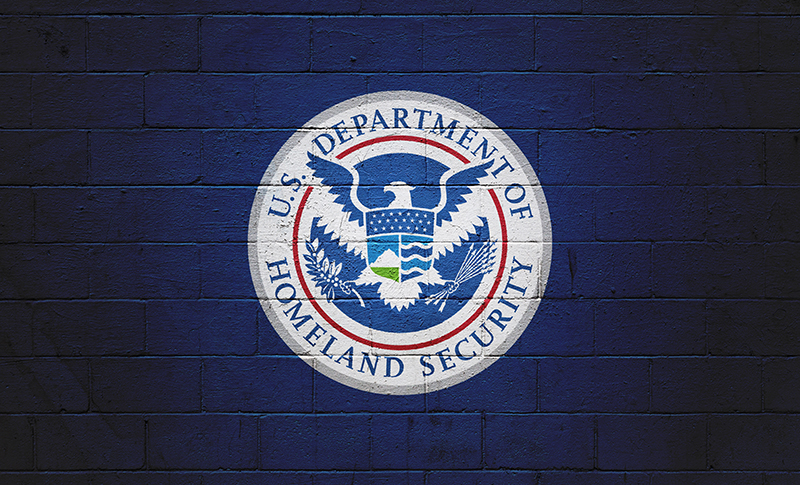
On February 13, 2023, the Center for Immigration Studies (CIS) submitted a public comment in response to the secretary of Homeland Security’s decision to increase the H-2B visa cap for fiscal year 2023. The H-2B program permits employers to temporarily hire nonimmigrants to perform nonagricultural labor or services in the United States. Secretary Alejandro Mayorkas authorized an increase of over 64,700 additional visas in FY 2023, nearly doubling the number of H-2B visas permitted by statute in a typical year.
This supplemental increase is authorized by an appropriation bill for FY 2023, Public Law 117-180, titled “Continuing Appropriations and Ukraine Supplemental Appropriations Act, 2023”. With Public Law 117-180, Congress gave the secretary of Homeland Security the time-limited discretionary authority to increase the H-2B cap upon making a determination that the needs of American businesses “cannot be satisfied ... with United States workers who are willing, qualified, and able to perform temporary nonagricultural labor”.
The Department of Homeland Security issued a temporary final rule (TFR) to implement Secretary Mayorkas’ decision to double the cap. Although the TFR took effect immediately, DHS still solicited comments from the public in order to guide the department in making future reforms to the program.
In response, CIS commented that the supplemental increase of H-2B visas is unwarranted given current labor market conditions and, as a result, will harm the domestic labor market. Analysis provided by my colleagues Steven A. Camarota and Karen Zeigler depicts a concerning long-term decline in labor force participation rates among U.S. workers. CIS also urged DHS and the Department of Labor (DOL) to consider the unusually high unemployment rates of workers in the specific industries that make up a large percentage of H-2B hiring (which include construction, landscaping, restaurants, and hospitality) and explained how the general unemployment rate is not a useful metric when analyzing whether the admission of additional temporary non-agricultural workers is needed.
Additionally, CIS urged DHS and the Department of Labor to reform the regulations to curtail the substantial fraud and abuse of the program — which have resulted in severe harm and exploitation of foreign workers and allowed employers to legally undercut the wages and opportunities of U.S. workers. Most importantly, CIS recommended that DOL amend its regulations to ensure that H-2B workers are paid at least national average wages for the jobs they fill in order to negate wage suppression caused by artificially increasing the labor supply. Finally, CIS commented that DHS violated the National Environmental Policy Act (NEPA) by promulgating this TFR without adequately analyzing the impact the policy will have on the environment.
